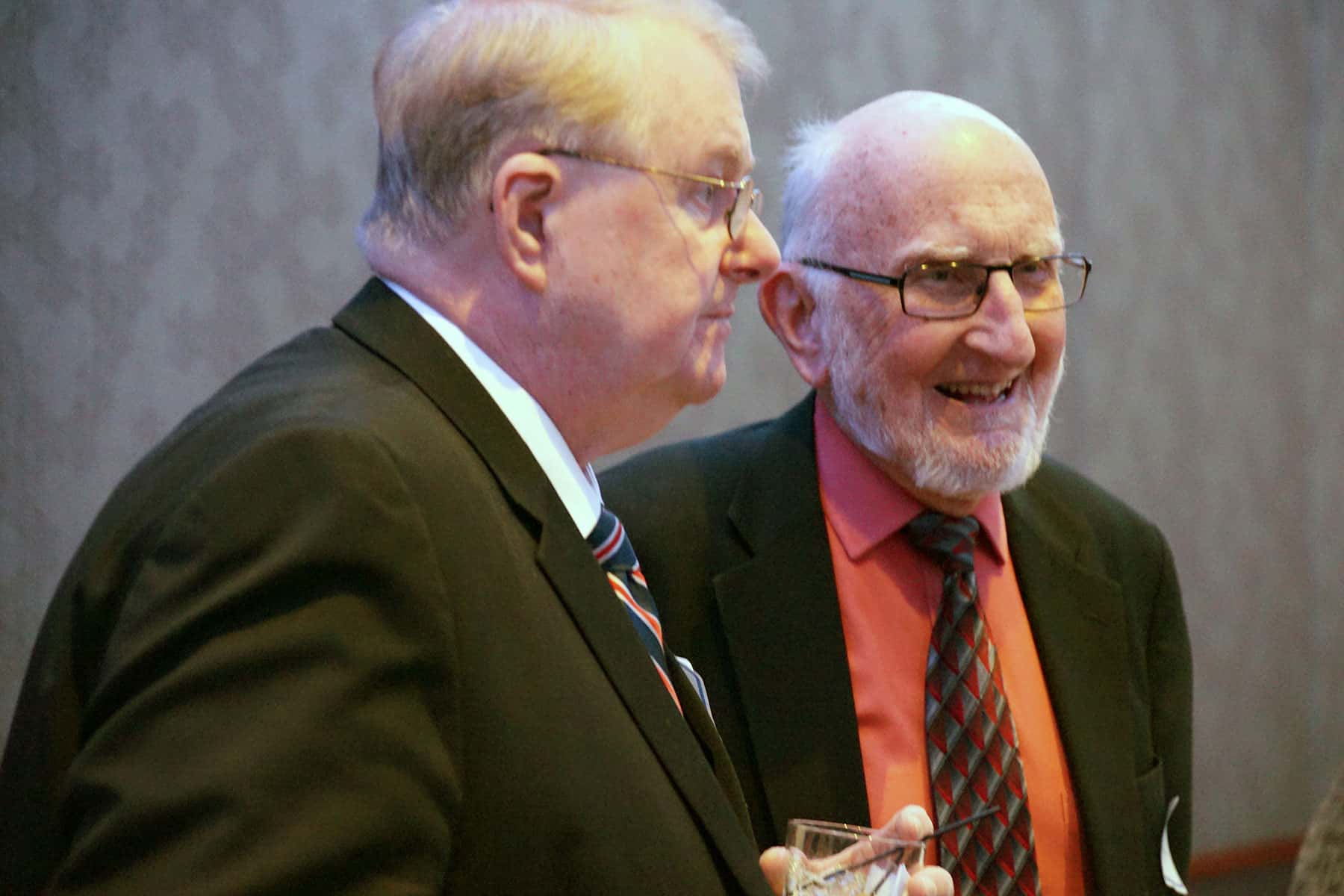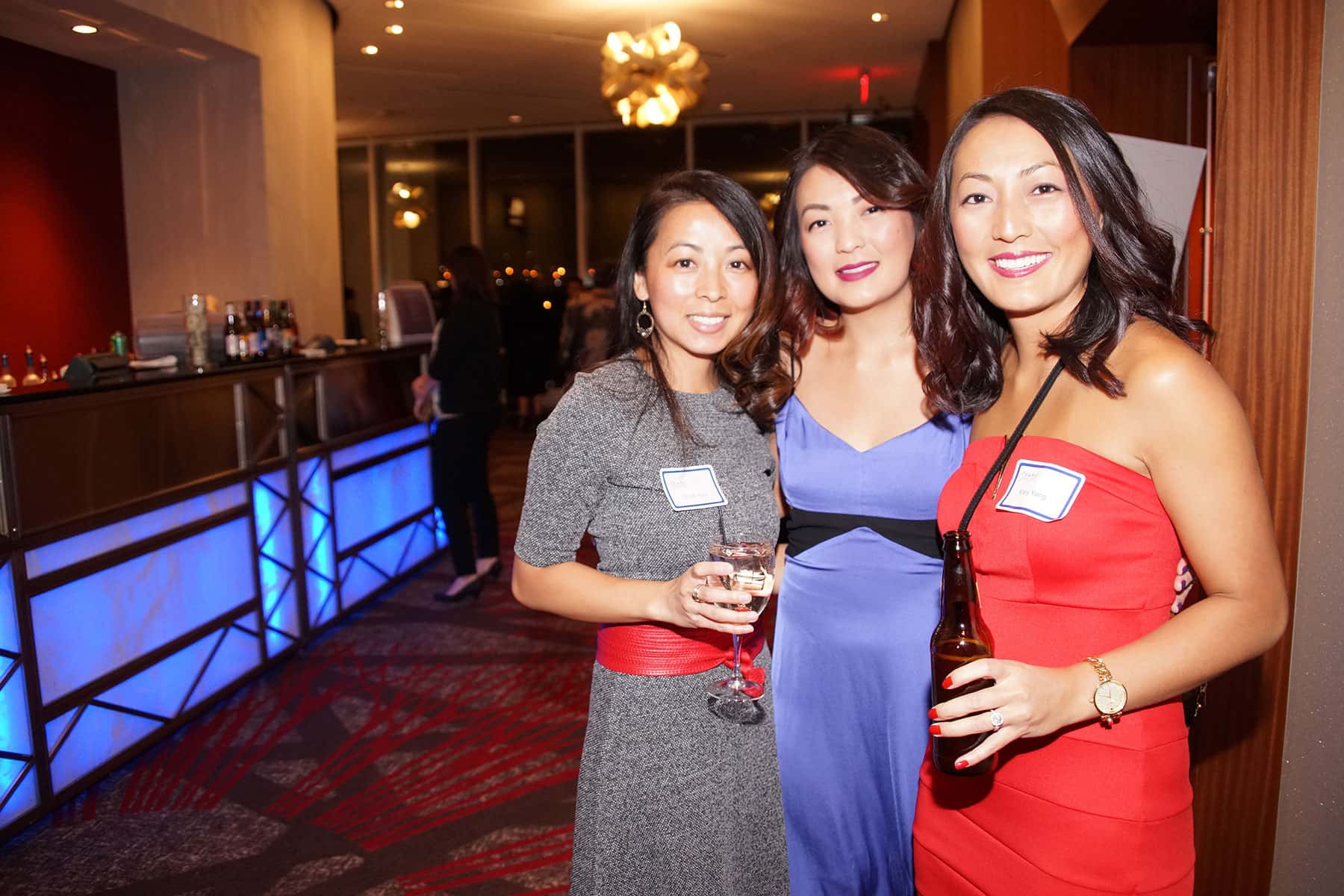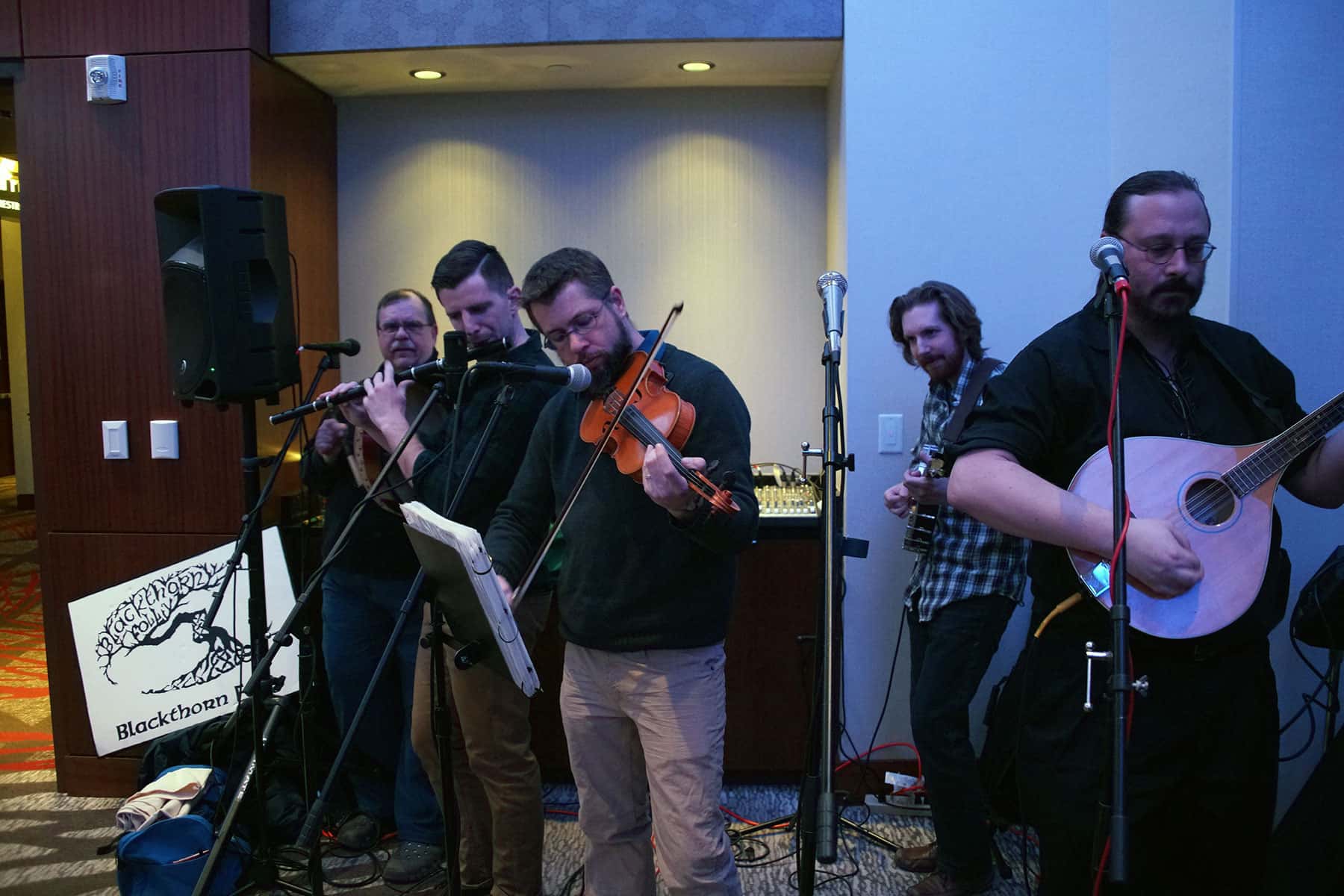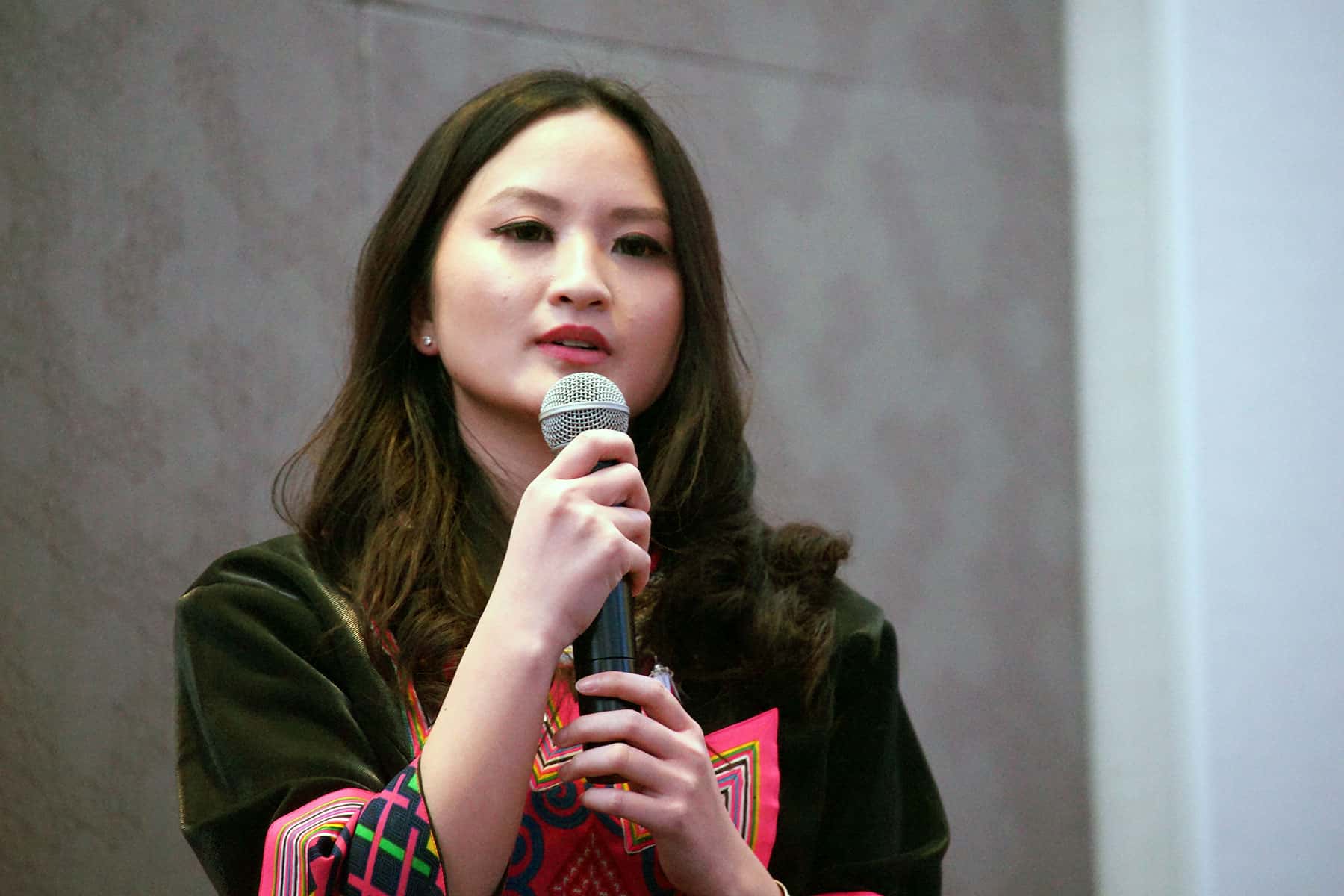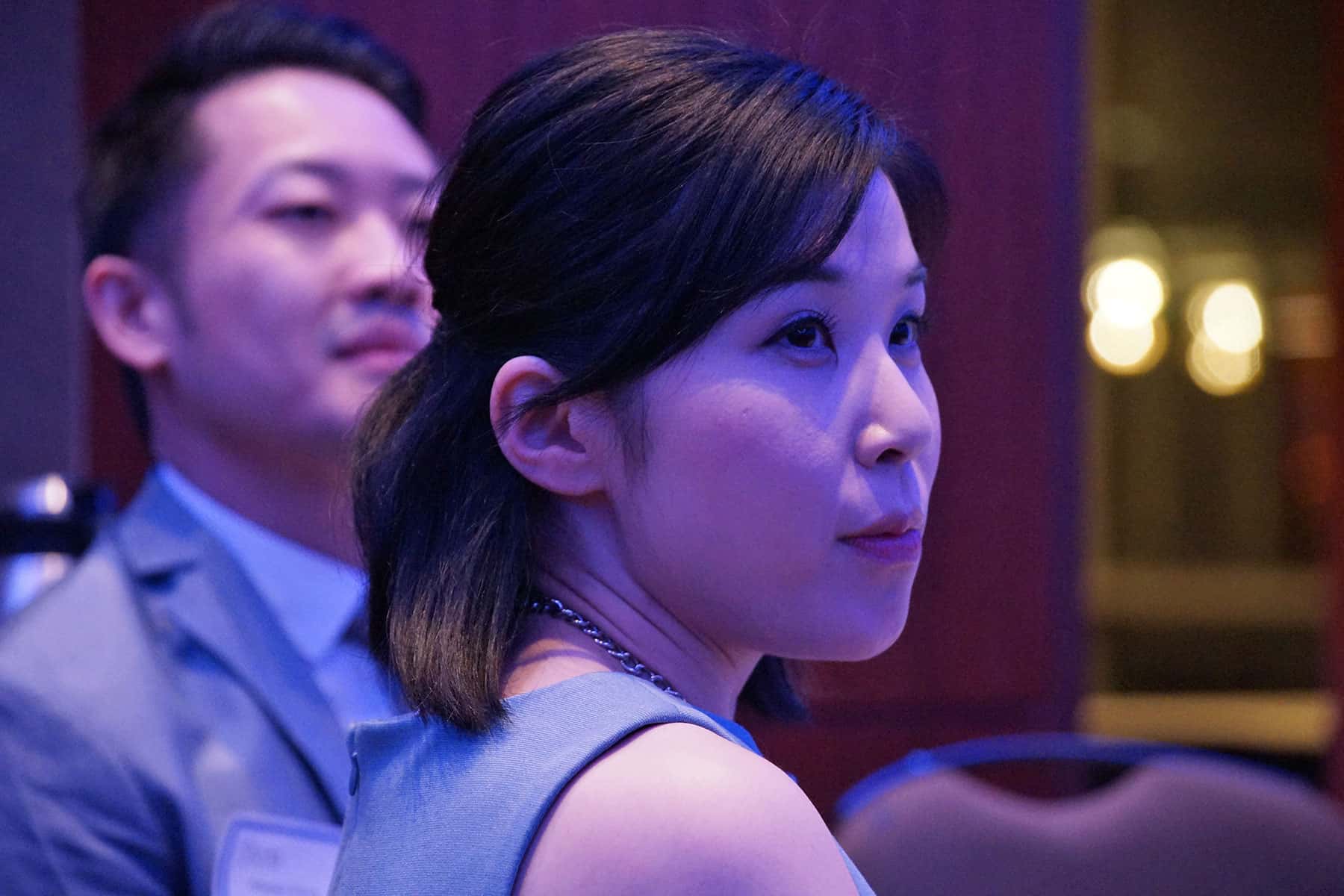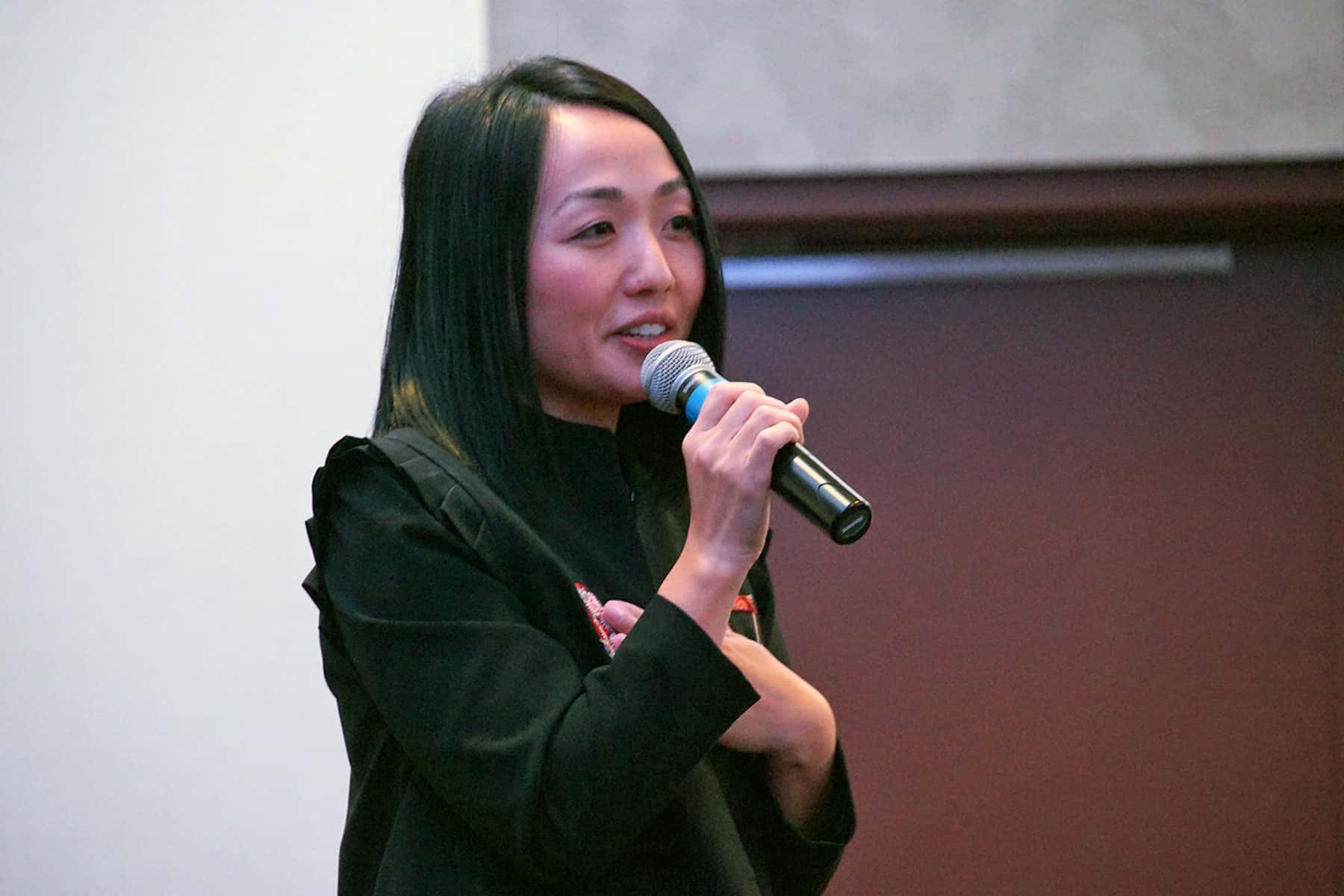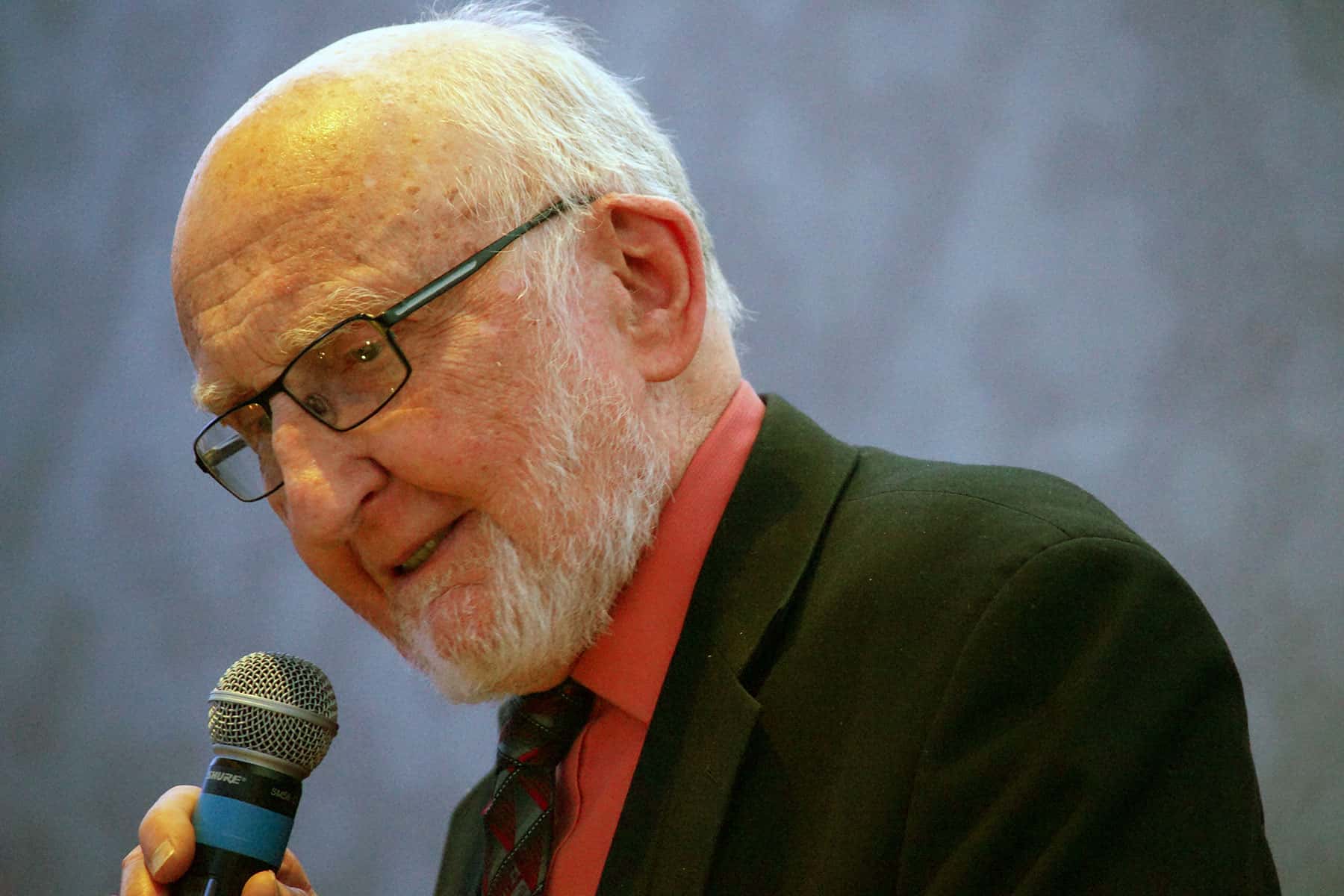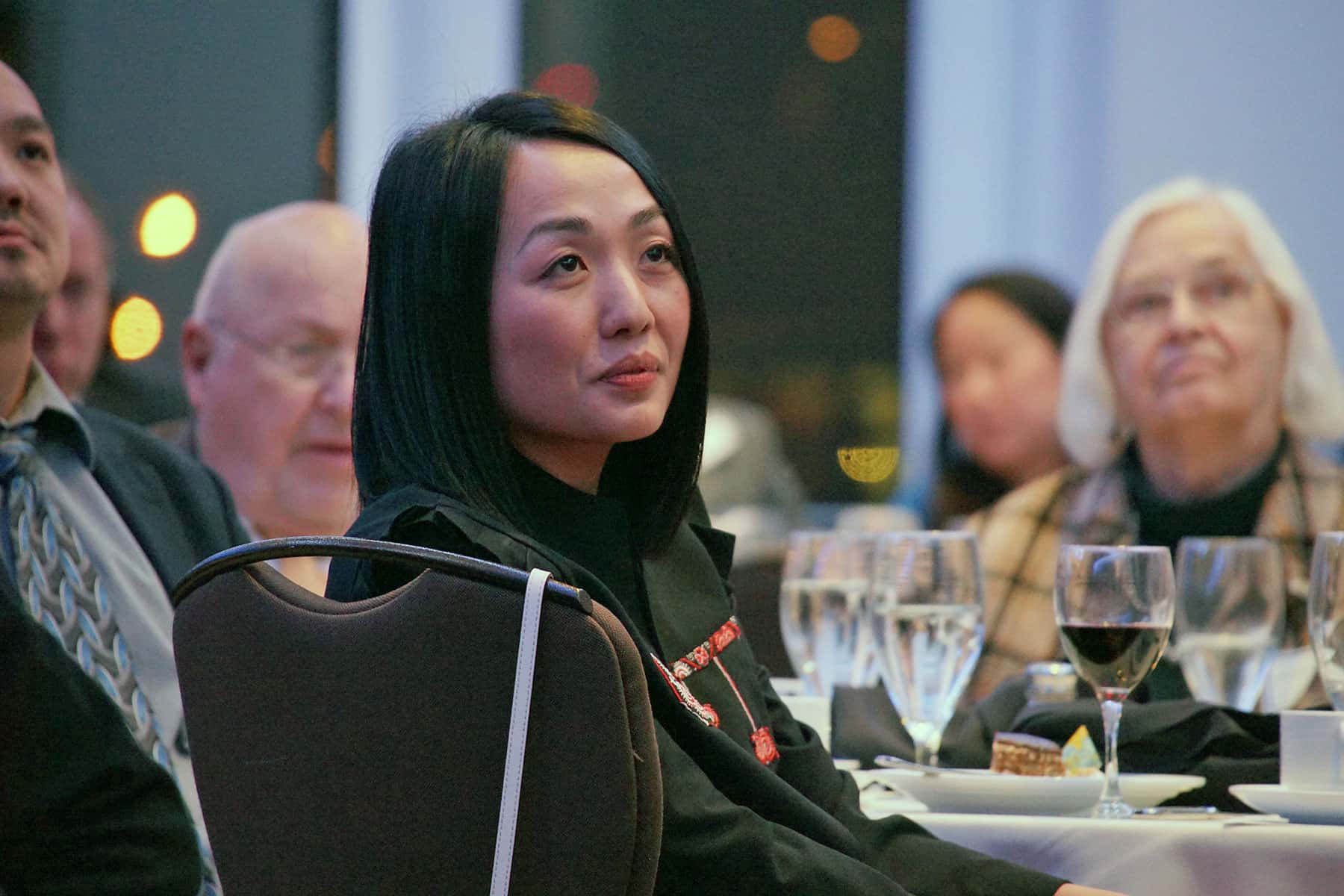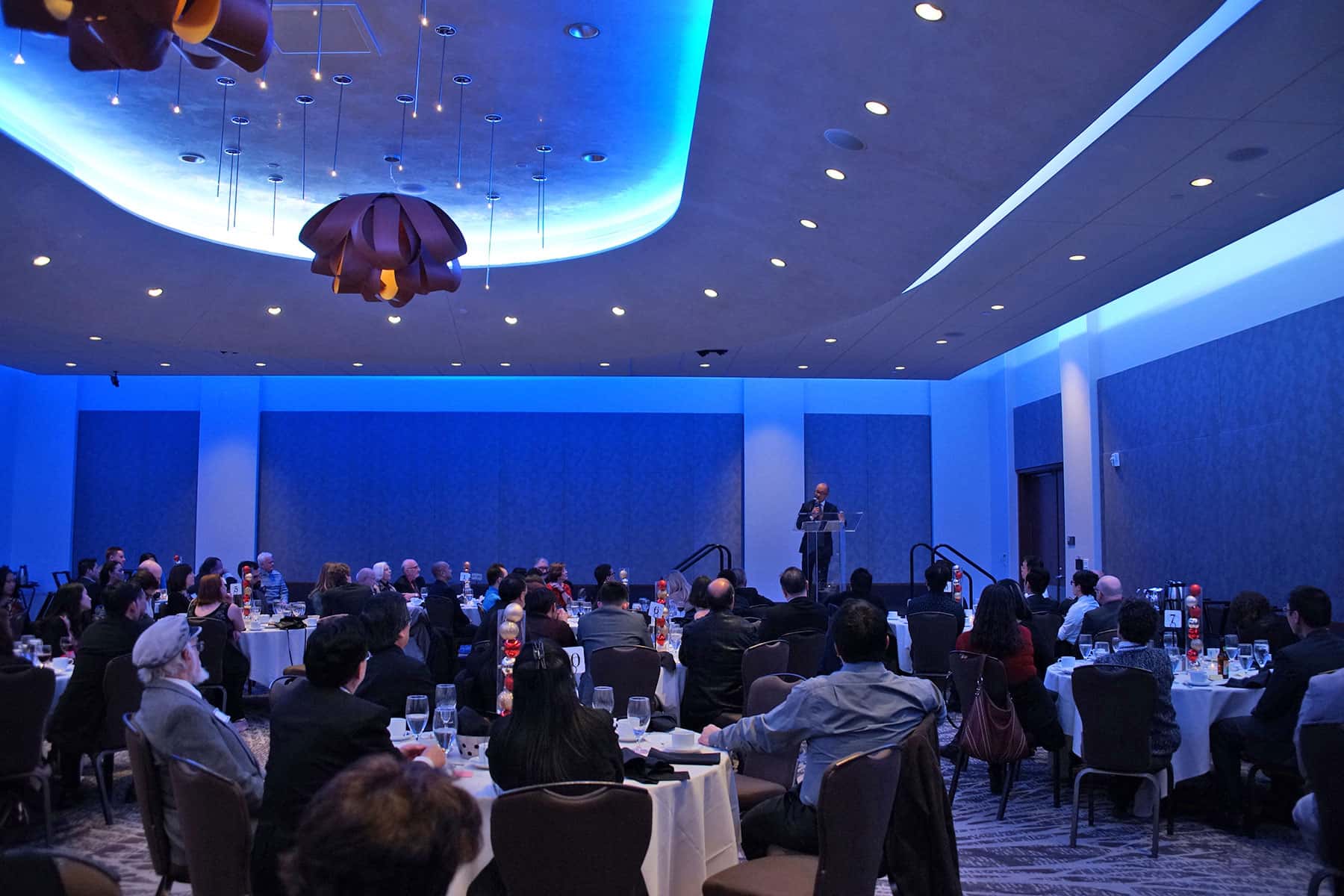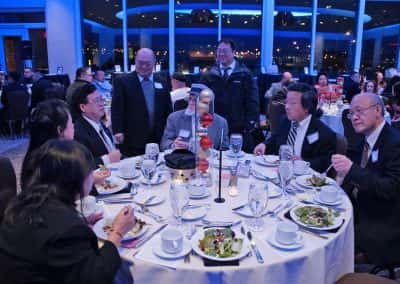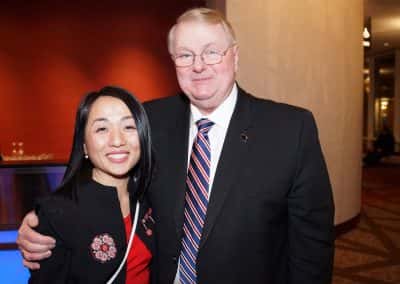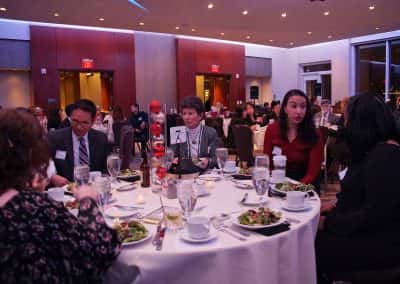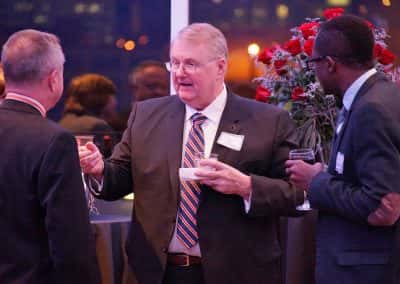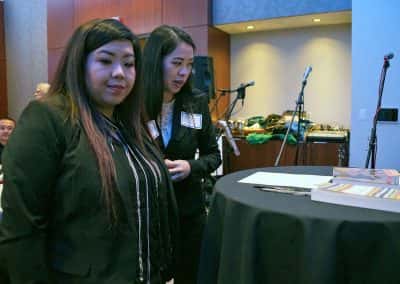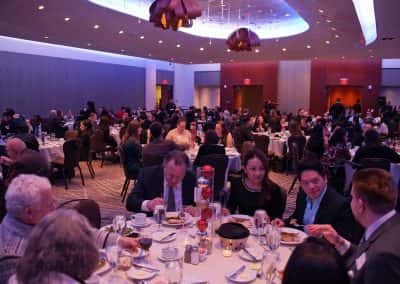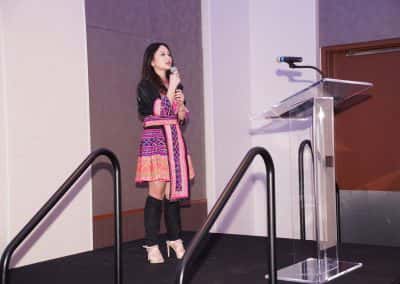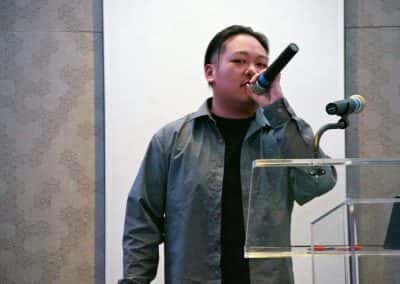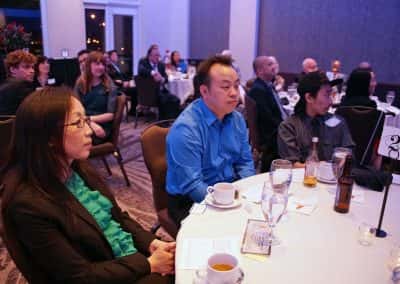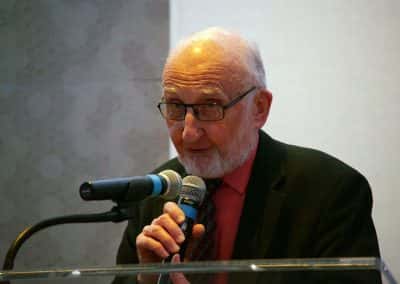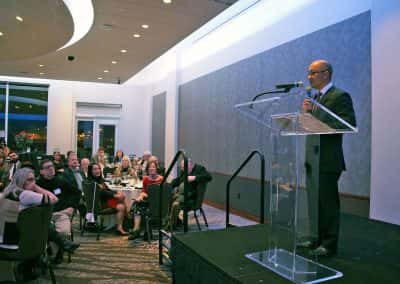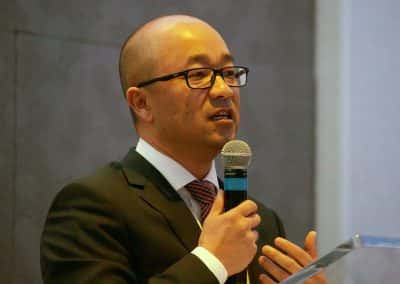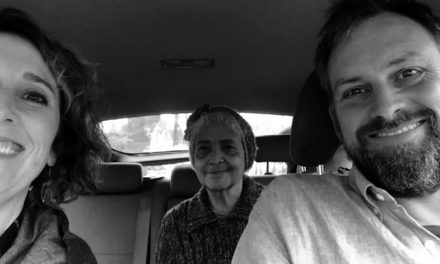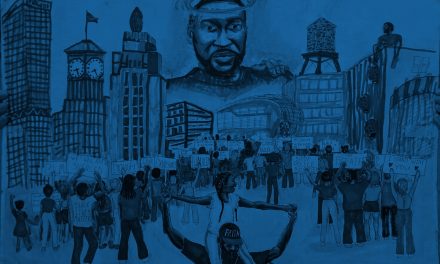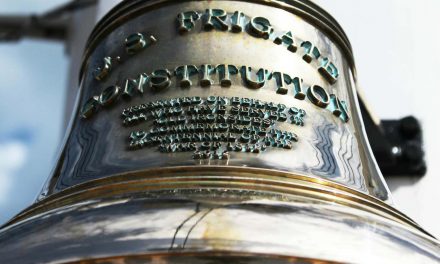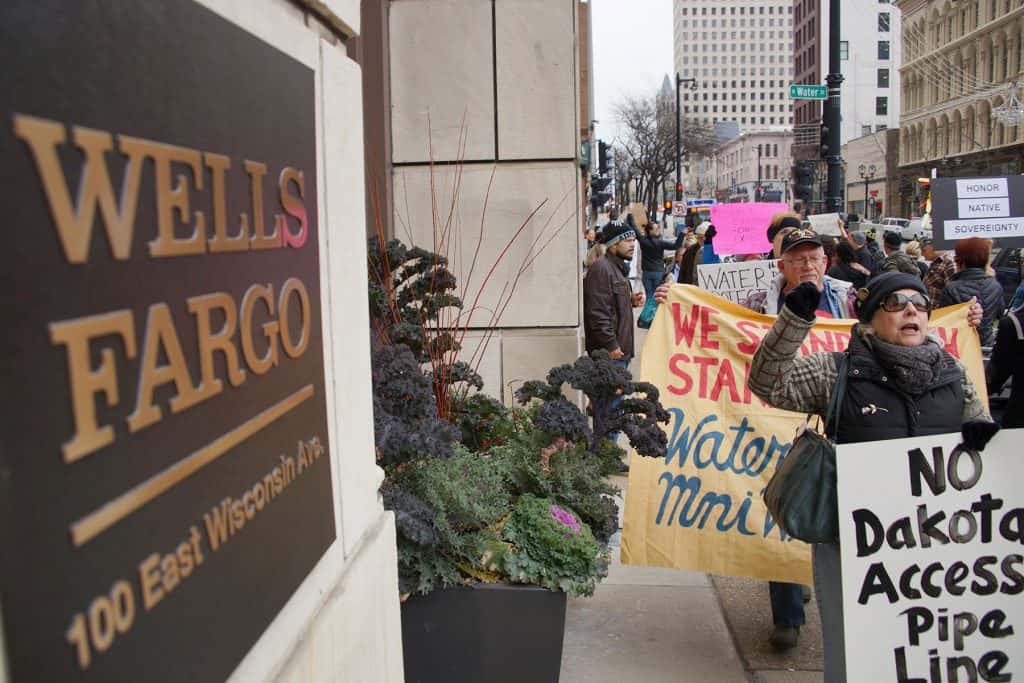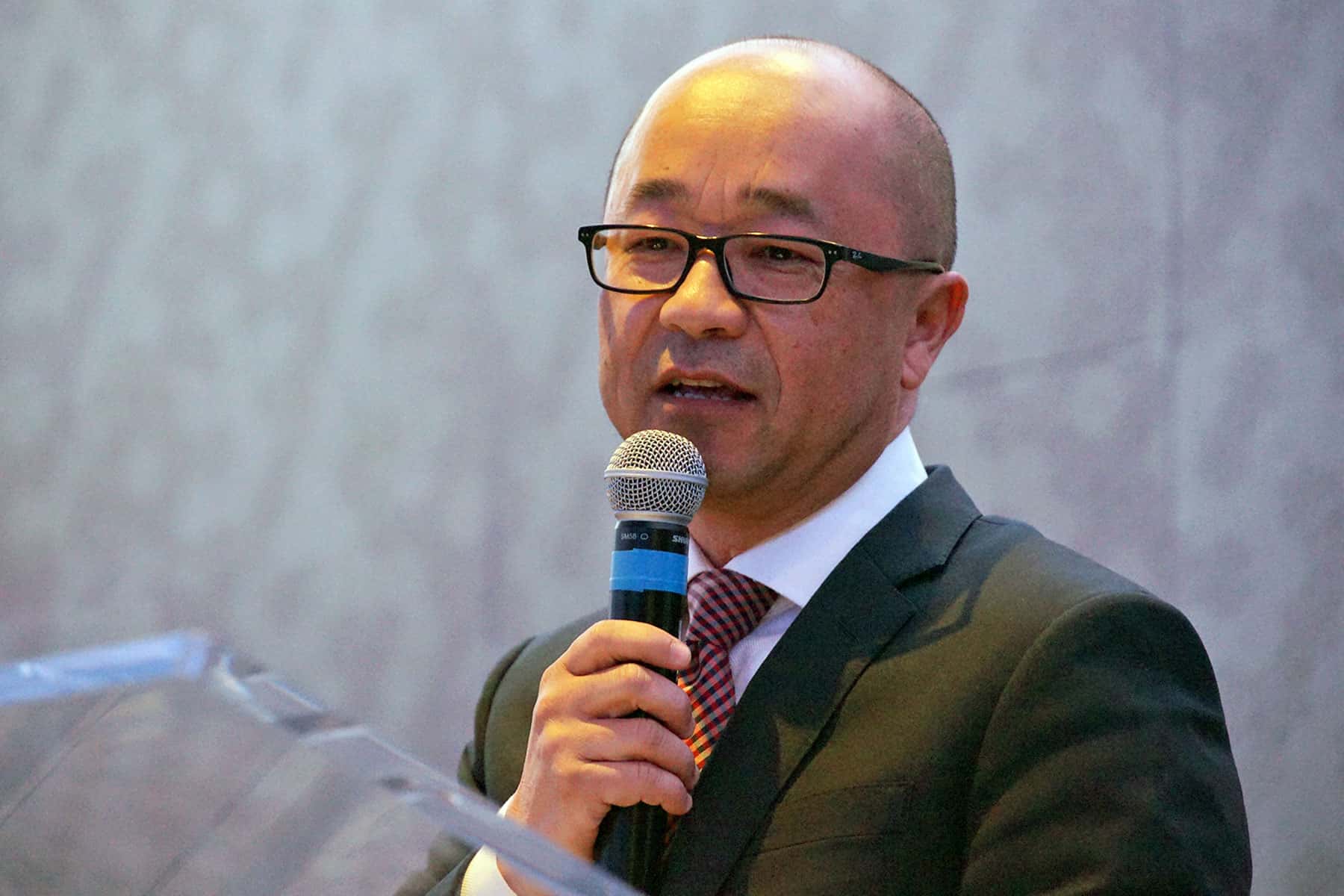
A public awareness event about the history of Hmong immigration was held on February 4 at the Potawatomi Hotel, offering context and an example for the current immigration issues faced in Milwaukee and cities across the country.
Moderated by the Honorable Joan Kessler, a judge of the Wisconsin Court of Appeals, the event highlighted the struggles of two guest speakers and their experience with racism and prejudice towards immigrants in America.
The Rev. Joe Ellwnager offered some of his personal observations, dating back to the Civil Rights era when he had worked alongside the Rev. Dr. Martin Luther King, Jr.
“I was privileged to be part of the movement in Birmingham in 1963, and Selma in 1965. I have never been the same since. People don’t really have to wonder why I am so passionate about justice issues today, like poverty, mass іncаrcеrаtіon, and immigration,” said Rev. Ellwnager. “Back in the 1960s, Dr. King and the Civil Rights movement was focused on two very important things. It was about gaining dignity for every single human being. The ability to vote, for instance, is a sign that every person counts. And about building a beloved community, where the entire community is working together for the common good.”
Ellwanger left Birmingham in 1967 to become the pastor of Cross Lutheran, an urban congregation on the then working-class north side of Milwaukee. Over what would be his 35-year tenure, Ellwanger saw the shifting racial demographics of Milwaukee. The congregation transitioned from a 95% white population in 1967, to 75% black by the time he retired from the pulpit in 2001.
“I think the role that Martin Luther King played in my life, and he did this for many many others, is that he helped raise that commitment to justice from a kind of intellectual level to an action level,” Rev. Ellwanger noted. “He helped many people to recognize that a concern for something as big as justice must be more than just an intellectual commitment.”
The event’s keynote speaker, Judge Paul C. Lo, was appointed in California as the first Hmong American judge in the United States in 2013. When he arrived in America at age 11, he could not speak English. Judge Lo quickly learned the derogatory racial terms he was taunted with in school. He struggled to fit in, and eventually learned to embrace his Hmong and American culture. But for a long time during his youth, Lo did not acknowledge that he was Hmong. Instead, he claimed to be Chinese because of the stigma he saw towards Hmong people.
“I was born in Laos in 1968, in the middle Vietnam War. Nobody in America knew that the war that had spread into Laos because it was secret war,” said Judge Lo. “The secret war in Laos turned Hmong against each other, deprived children of their fathers, stripped wives of their husbands, and robbed little Hmong boys as young as 10 years of age of their youth, by turning them into child soldiers.”
Advisers for the Central Intelligence Agency (CIA) were sent into Laos to create a secret army and cut the North Vietnamese supply line, known as the Ho Chi Minh Trail. They quickly recruited tens of thousands Hmong soldiers for the unacknowledged expansion of the war in Southeast Asia. An estimated one quarter of Hmong men and young boys perished in the conflict, who U.S. officials considered to be expendable.
“Brigadier General Harry C. Aderholt summarized the Hmong involvement years later,” Judge Lo explained. “There would have been 10,000 more Americans killed in South Vietnam, because we tied up 10 divisions of first line North Vietnamese soldiers in Laos. It was easier to lose Hmong people than to lose Americans, it didn’t make for as bad of publicity back home.”
After four years in the refugee camp, the Lo family left for America. But the resettlement almost did not happen. When it came to South Vietnamese and Cambodians, the U.S. government did not have any problem with relocation. But they were reluctant about the Hmong people.
“In 1975 my family fled overnight when the country fell. The Communist government declared that the Hmong people must be exterminated down to the root of the tribe. We traveled on foot through the jungles of Laos for nine straight days to Thailand, where we joined tens of thousands of people. We were cramped into a very impoverished Thai refugee camp. I grew in that refugee camp. I remember the Thai guards were cruel, many women were raped, refugees were beaten and killed and without any legal recourse. I remember how healthcare in the camp was nonexistent.”
Judge Lo was reminded of one culture shock he experienced, even before coming to America, when he visited the Milwaukee Public Market and saw Wisconsin cheese.
“My first introduction to cheese was as a skinny, scrawny refugee kid in the Thai camp. I remember the United Nations Food Program would deliver these cheese lumps. To us, and we had no clue how to eat. We didn’t know what to do with it. The cheese was stinky, it did not go well with rice, I don’t think we ate any of it.”
Milwaukee attorney Kashoua Kristy Yang shared a her experience about being Hmong refugee and how she became involved with the law.
“There was a life event that really motivated to go to law school. My youngest brother was just a six-year-old child when he was struck by a car and dragged for a block. I can still remember the day I received that fateful call from my mother,” said Yang. “I felt powerless because despite my education I was uninformed about the legal process and our rights under the law. It really bothered me that my brother’s future was in the hands of others.”

